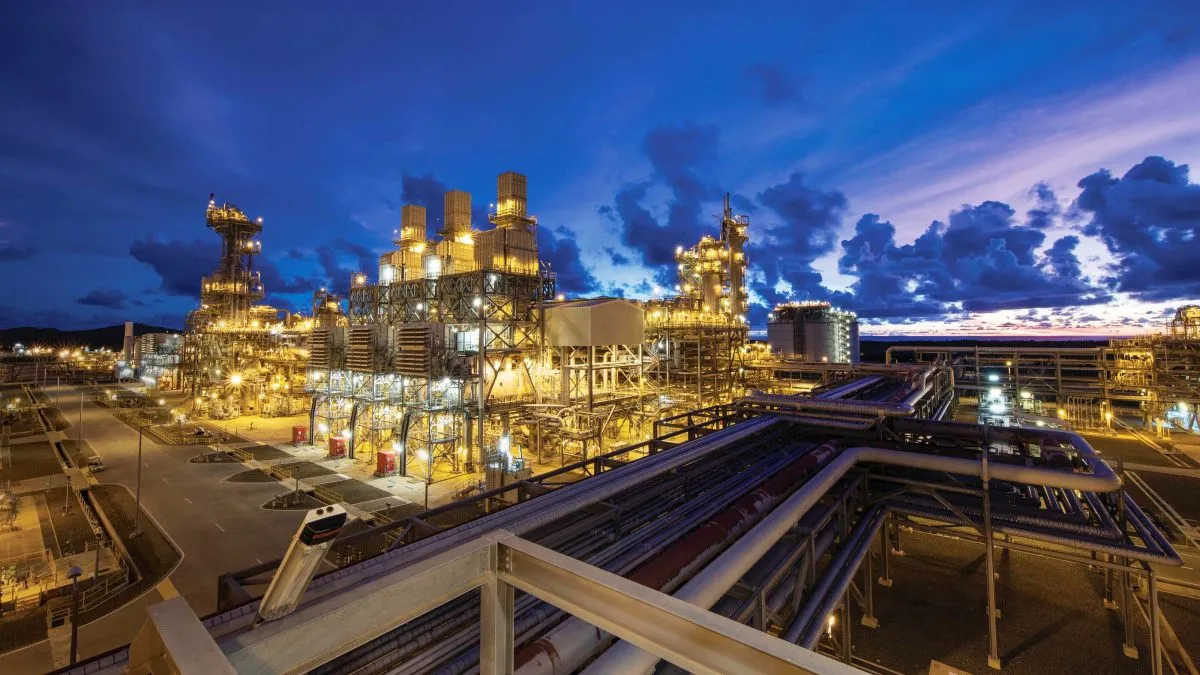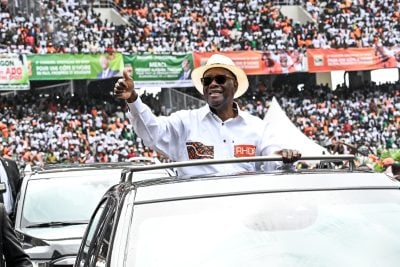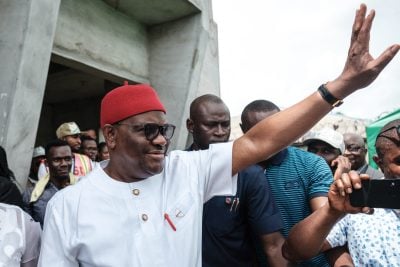What is the status of ExxonMobil’s floating liquefied natural gas (FLNG) operations in Mozambique?
The Coral Sul FLNG Project has celebrated the shipment of the 50th cargo, an accomplishment made possible by our partner, Eni, who is the principal operator.
Coral Sul demonstrates Mozambique’s ability to deliver large-scale LNG projects and positions the country as a major player in the global LNG market. As a 25% partner, ExxonMobil is proud to contribute to this success story.
What progress is being made on the Rovuma LNG project and how did ExxonMobil overcome the problems in Cabo Delgado?
ExxonMobil holds a 25% indirect interest in Area 4 and will lead the construction and operation of future natural gas liquefaction facilities.
After force majeure was declared in April 2021, we recognised that we needed to adapt our design to the reality of the new security, operating and business environment to enable the best opportunity to progress our project. Ultimately, we landed on a new liquefaction design that not only reduces our onsite footprint, but is much more competitive, creates additional value, significantly reduces greenhouse gases, and reduces execution risk.
We adopted a modular construction approach that contemplates building liquefaction units off-site for subsequent assembly on location, which reduces workforce and space requirements at the main site. With this new design we have now increased capacity from 15m tonnes per year (MTA) to 18 MTA by incorporating 12 individual liquefaction modules of 1.5 MTA each. This results in lower per-unit costs and a projected 50% increase in revenue for the Mozambican government compared to the previous design.
We have entered the Front-End Engineering Design (FEED) phase of Rovuma LNG, and it is expected to take around 16 months. This is a key phase before our final investment decision (FID). It’s important to note that most of this work is being conducted off-site and is not impacted by the ongoing force majeure.
ExxonMobil is committed to the Rovuma LNG project and our primary objective is to reach an FID by 2025. While security concerns are extremely important and challenges remain, we are optimistic about moving forward and hope we can resume operations on this significant project soon. We are continuously working to address these challenges in close collaboration with TotalEnergies and the Government of Mozambique.
How does ExxonMobil promote the welfare of local communities and why is that important for the company?
Even during the toughest times, when security risks made it incredibly difficult to access the site, we never interrupted our social and community work in Cabo Delgado. Through the challenges, we did everything we could to support the communities we’re part of.
With Cabo Delgado now entering a reconstruction phase, we see ourselves as having a crucial role in helping the region rebuild. A stable community is essential for our project’s success, as our workforce lives there and relies on a safe and healthy environment. In a powerful symbol of regrowth, we’ve partnered with Eletricidade de Moçambique (EDM), the national electricity company, to rebuild the electrical grid in Palma, Cabo Delgado.
We are also supporting educational programmes and initiatives to improve access to clean water. Our commitment to Cabo Delgado goes beyond just business; we are invested in its future.
How is ExxonMobil supporting communities in Mozambique?
Since 2017, ExxonMobil has invested more than $10m in community programmes that promote improved education, health care, family empowerment, agriculture and biodiversity conservation across Mozambique – through strategic partners like Favela United, Mozambikes and Tsemba Life.
In recent years, increased focus has been placed on science, technology, engineering and medicine (STEM) education through initiatives that promote girl and youth involvement in STEM. In partnership with the non-governmental organisation Osuwela, for example, more than 300 youth have been trained in robotics in Maputo City, Maputo Province, Gaza and Inhambane.
In partnership with the Clarisse Machanguana Foundation, digital literacy and STEM training has been provided using sports in collaboration with the NBA in the “Jr. NBA” programme.
The focus is on supporting the development of Mozambique through university admission support and hundreds of scholarships to STEM-related courses for youth in Mozambique.
ExxonMobil also supports the development of income generation activities and sports and health initiatives. Most recently, ExxonMobil supported the Mozambique National Football Team (Mambas) participating in the Africa Cup of Nations (AFCON) and in the pre-qualification games for the World Cup.”
To learn more about the Mozambique Gas & Energy Summit & Exhibition 2024 and how your organisation can get involved, contact Maria Fernanda on [email protected]
or +258828371590
Want to continue reading? Subscribe today.
You've read all your free articles for this month! Subscribe now to enjoy full access to our content.
Digital Monthly
£8.00 / month
Receive full unlimited access to our articles, opinions, podcasts and more.
Digital Yearly
£70.00 / year
Our best value offer - save £26 and gain access to all of our digital content for an entire year!

 Sign in with Google
Sign in with Google 



